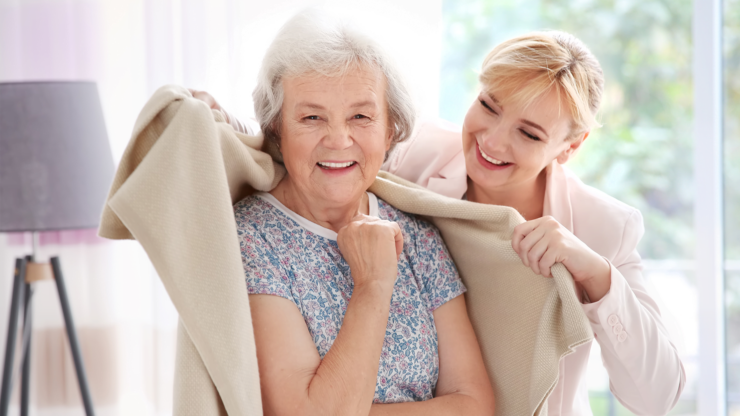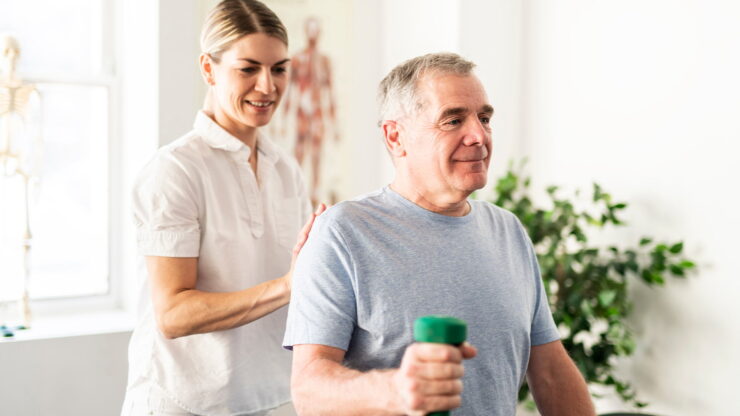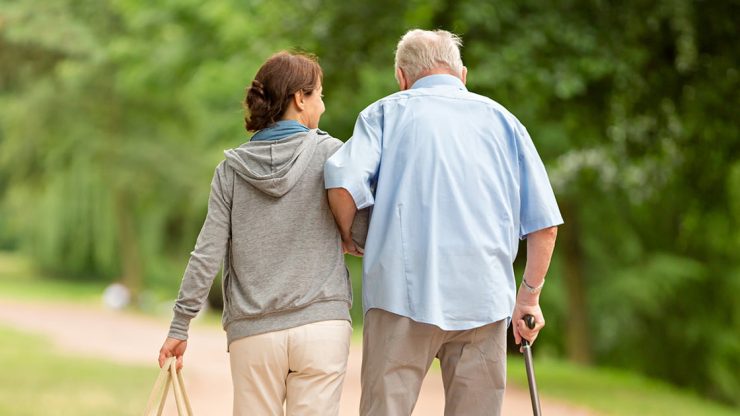
Breast Cancer Awareness Month: What You Need to Know About Breast Cancer Awareness
October is Breast Cancer Awareness month, a time to learn about this common disease. Breast cancer is the second most common cancer among women. The older you are, the more likely you are to get breast cancer and that’s why it’s important to understand the symptoms, warning signs, and risk factors that can help protect your health.
The chances of developing breast cancer vary, but first, let’s take a closer look at the risk factors:
- Age – most breast cancers occur in women over the age of 50.
- Personal history of breast cancer or non-cancerous breast disease.
- Family history of breast or ovarian cancer.
- Certain genetic mutations.
- Reproductive history – If you’ve started menopause after the age of 55, your risk for breast cancer is higher.
- Having dense breasts.
Our bodies change as we age. However, certain changes and warning signs should never be ignored. Common signs and symptoms you should watch out for include a lump or thick skin near the breast or armpit; tenderness in the nipple; a change in the size, shape, look, or feel of the breast or nipple; and nipple discharge. If you experience any of these symptoms, you should speak with your doctor.
We have compiled a list of ways to prevent breast cancer, but as always, it’s best to speak to and visit your doctor:
- Don’t miss a screening – breast cancer screenings can’t prevent cancer, but they can help to detect it earlier when it’s easiest to treat. Women ages 55 and older should have a mammogram every two years or continue annual screenings.
- Maintain a healthy weight – if your weight is healthy, work to maintain that weight. If you need to lose weight, ask your doctor about healthy strategies to accomplish this.
- Be physically active – physical activity can help you maintain a healthy weight, which helps prevent breast cancer. From walking around your neighborhood to gardening, there are several exercises seniors can do to stay active.
- Limit alcohol consumption – research shows that drinking alcohol increase a woman’s risk of hormone-receptor breast cancer. It can also increase estrogen levels and other hormones associated with breast cancer.
- Breast-feeding – breastfeeding might play a role in breast cancer prevention. The longer you breastfeed, the greater the protective effect.
Breast Cancer Awareness month isn’t just a time to learn about prevention and symptoms of breast cancer, but a time to also celebrate survivors, become educated, and band together to raise awareness to fight this illness. LifeWorx is here to offer compassionate care to you or your loved one’s needs while recovering at home. Contact us today and one of our care managers and the team will assess your situation and work with you to find a solution.
Find your peace-of-mind.
Explore LifeWorx’ in-home elder care services.
















